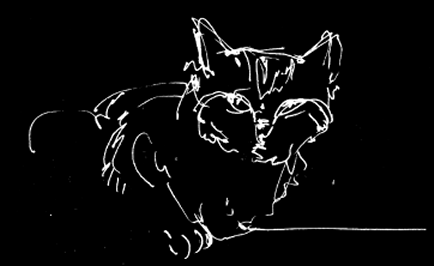GABA supplement may interact with other drugs that stimulate GABA receptors in the brain, such as benzodiazepines and some muscle relaxants. Please consult a health care professional.
GABA TEA
Produced from low-elevation Taiwanese oolong tea leaves, this tea contains a high percentage of Gamma-Aminobutyric Acid (GABA), known for having a calming effect on the nervous system. It has a wonderful, soothing flavor, said by some to be similar to that of ripe bananas; others liken it to baked yams.
L-Theanine
L-theanine, a compound found in tea, increases GABA levels and decreases caffeine's stimulant effects. This compound is one of the reasons that tea has a milder stimulant effect than coffee. L-theanine supplements are commonly taken in doses ranging from 200 milligrams to 800 milligrams per day. A study published in the September 2011 issue of the journal "Child: Care, Health and Development" found that L-theanine supplementation significantly increased GABA levels in children with traumatic backgrounds. Consult your doctor for guidance and supervision in the proper use of L-theanine.
Taurine
The amino acid taurine increases the effectiveness of GABA. Taurine can be added to your diet by eating lean meats, seaweed, nuts, legumes, onions, garlic and cabbage. Therapeutic doses for boosting GABA levels are obtained through supplementation. Typical doses of 1,000 to 5,000 milligrams per day have been used safely, according to Dr. Uzzi Reiss, author of the book "The Natural Superwoman: The Scientifically Backed Program for Feeling Great, Looking Younger, and Enjoying Amazing Energy at Any Age." Find your ideal dose by starting with a high dose to gauge your response. Too much taurine will have an overly calming effect and leave you feeling tired. Lower your dose until you no longer experience this side effect.
Vitamin B-6
Vitamin B-6 coordinates the mood-regulating and nervous system activity of other B-complex vitamins, thereby helping to ensure adequate production of GABA. In addition to food sources, such as lean meats, fish, egg whites and cabbage, vitamin B-6 supplements in doses up to 300 milligrams per day produce calming, anti-anxiety benefits. Since the B vitamins work as a team, for best results, take B-6 supplements along with a comprehensive B-complex providing at least 25 milligrams of each of the B vitamins.
Magnesium Glycinate
Include magnesium glycinate, a highly absorbable form of magnesium, to round out your GABA supplementation regimen. Magnesium is well known for its calming effects and provides a highly safe and natural approach when paired with vitamin B-6. Magnesium also supports your endocrine system, which, through feedback mechanisms, influences your brain's levels of neurotransmitters, including GABA. Start your magnesium supplementation at a low dose to avoid potential side effects, such as loose stools. Work up to a daily dose of 400 to 1,000 milligrams. A study published in the 2006 issue of the journal "Medical Hypotheses" found that magnesium glycinate was helpful in treating major depression.
See earlier posts:

No comments:
Post a Comment